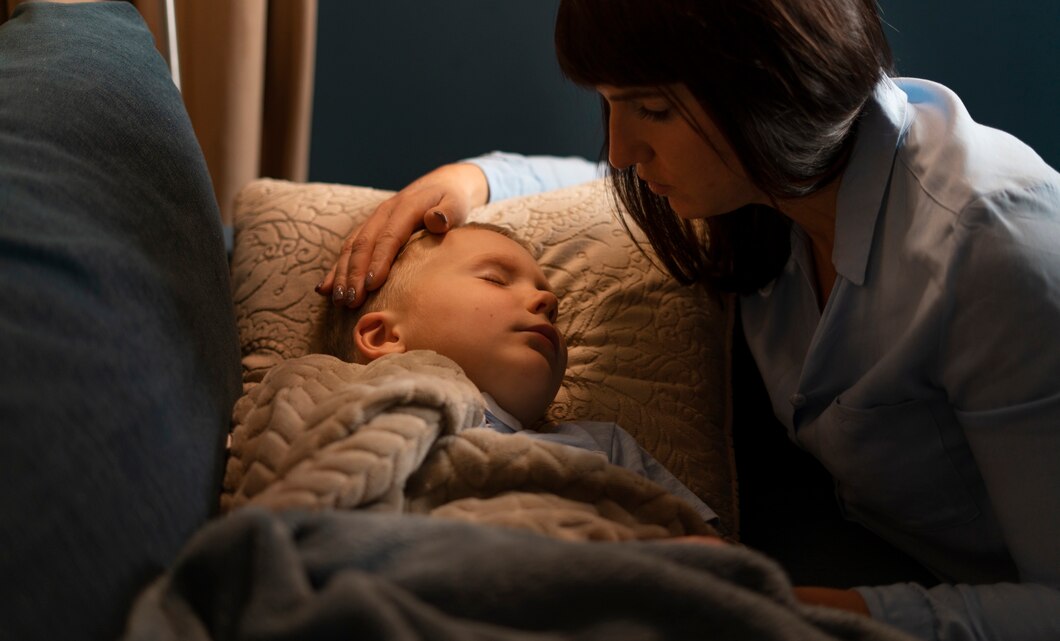Children’s sleep deprivation and its impact is often overlooked by parents. Despite its critical role in physical, emotional, and cognitive development, many children today are not getting the sleep they need. However, with the increasing pressures of academic performance, extracurricular activities, and the ubiquitous presence of electronic devices, children’s sleep is often compromised. This article delves into the signs of sleep deprivation in children, the recommended sleep duration by age, the causes of sleep deprivation, and practical tips to ensure children get the rest they need for a healthy and productive life. Irritability and Mood Swings: Children lacking sleep may become more irritable and prone to frequent mood swings. Difficulty Concentrating: Sleep-deprived children may struggle to focus and pay attention in school. Hyperactivity: Paradoxically, some children become more hyperactive when they are tired. Poor Academic Performance: Inadequate sleep can lead to lower grades and difficulty retaining information. Sleep habits are formed early, and parents play a crucial role in training to develop healthy sleep routines. Most parents don’t realize that babies need to be fed every 4 hours during the day, but they can go for 6 to 8 hours at night without a feed. By feeding babies at night, parents unintentionally create bad sleep habits Electronic Devices: Excessive use of smartphones, tablets, and computers, especially before bedtime, can interfere with sleep. Busy Schedules: Packed schedules with school, extracurricular activities, and homework can leave little time for sleep. Poor Sleep Habits: Irregular bedtimes and lack of a bedtime routine can disrupt sleep patterns
Thank you for reading this post, don't forget to subscribe!
Friday, June 27, 2025


